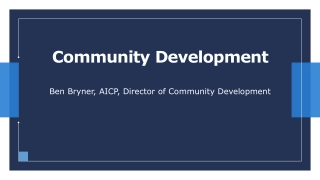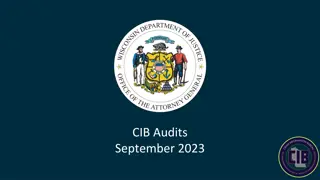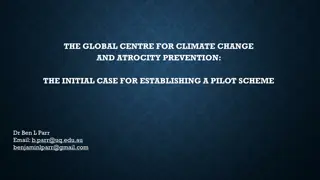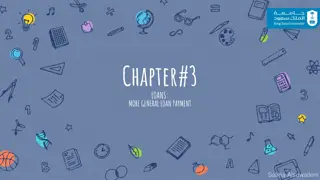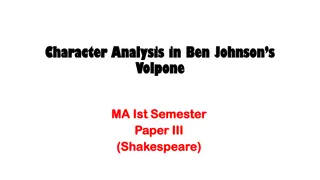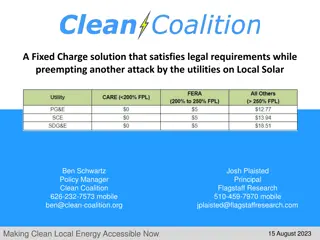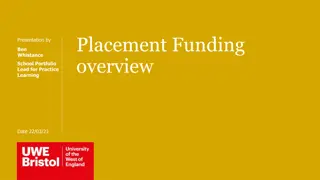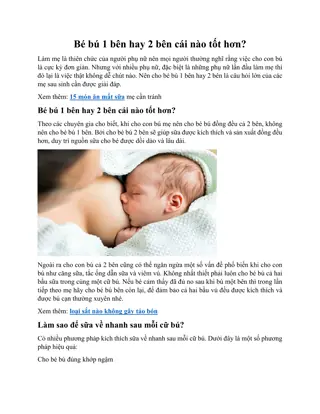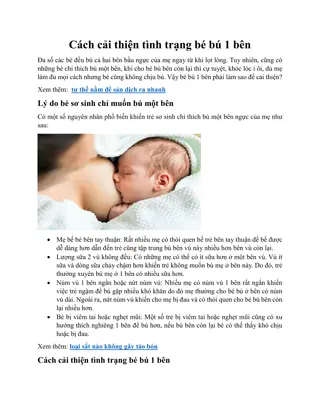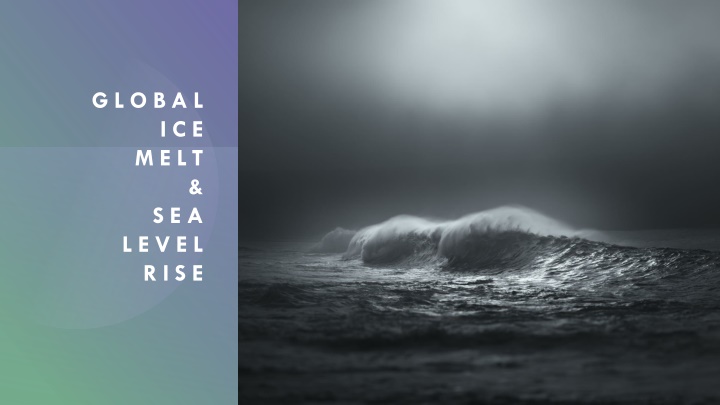
Impacts of Climate Change on Global Sea Levels and Mitigation Strategies
Explore the projected rise in global sea levels due to factors like thermal expansion and glacier melting, with potential consequences for coastal regions and major cities worldwide. Discover mitigation ideas focusing on adaptation efforts, indigenous knowledge, community protection, and combating climate fatigue.
Download Presentation

Please find below an Image/Link to download the presentation.
The content on the website is provided AS IS for your information and personal use only. It may not be sold, licensed, or shared on other websites without obtaining consent from the author. If you encounter any issues during the download, it is possible that the publisher has removed the file from their server.
You are allowed to download the files provided on this website for personal or commercial use, subject to the condition that they are used lawfully. All files are the property of their respective owners.
The content on the website is provided AS IS for your information and personal use only. It may not be sold, licensed, or shared on other websites without obtaining consent from the author.
E N D
Presentation Transcript
G L O B A L I C E M E L T & S E A L E V E L R I S E
Seawaters thermal expansion along with melting mountain glaciers is predicted to lead to an increase in global sea level of 1.4-2.7 feet by 2100 under RCP 8.5 emissions scenario Accelerated rates of Greenland ice sheet melt could make this scenario even worse Paleoclimatic evidence suggests a warming of 3.6 F could lead to destruction of Greenland ice sheet, adding 16-20 feet to predicted SLR. Adversely affecting: U.S. Gulf Coast Eastern Seaboard (roughly 1/3 of Florida) Netherlands Belgium Bangladesh Major cities: Tokyo, New York, Mumbai, Shanghai, Dhaka O P E N F O R B U S I N E S S ( A S U S UA L ) | RC P 8 . 5
Thermal expansion, melting glaciers/ice sheets could lead to 1.4 feet of SLR Projected mass reductions for polar glaciers between 2015 and 2100 range from 12 +/= 7% Very likely that Arctic sea ice extent continues to decline in all months of the year Reduction of stabilized Arctic autumn/spring snow by mid-century Extreme seal level events to occur once per year before 2070 By 2100 near-surface permafrost area will decrease by 2-66% Releasing more carbon dioxide and methane into the atmosphere Adversely affecting wildlife habitats K I N DA N O T A S BA D | RC P 2 . 6
What are some ideas to mitigate these issues? Q U I C K , H O W D O W E F I X T H I S ? ?
Dual focus on short-term and long-term adaptation efforts Protecting areas Community-based ecological monitoring Relying and supporting Indigenous knowledge Investing in human capital and resources Funding for communities in need W E F I X E D I T !
Climate fatigue/apathy is real. Lets fix that: Repeated imagination work diminishes threats and negative associations Audience members heartbeats align in rhythm during live theatrical experience Comedy influences public opinion Offer new routes to knowing about climate change Engages new audiences Increases retention of climate change information Provides relief amid anxiety-producing news on climate change Bridges difficult topics M O M M Y, C A N YO U T E L L M E A S T O RY ?
Climate Change Theatre Action and its widening reach 2019 Season and Anthology Lighting the Way 229 locations around the world (including all 50 US states) Events incorporated 1,067 productions of the plays (each play performed 22 times on average) Playwrights represented 15 different nation states | 55% BIPOC, 53% women or non-binary CCTA 2019 presented at 78 universities around the world 3,046 artists, organizers and activists involved over 26,000 people reached 12,613 live audience members | 10,415 via radio, podcast, livestream etc. R E V E N G E O F T H E ( T H E AT R E ) N E R D S
What did you like about this play? Dislike? Did you learn something new? How would you use this to educate people on climate change? Did you think it had enough focus on science? Too much? Too little? Did you think this was an effective way of communicating climate change? If not, what would you change? If so, would you see it working for people who don t have any knowledge of climate change? A N D H O W D O E S T H AT M A K E YO U F E E L ?
Fall 2021 semester we will be producing THE CLIMATE CABARET We will be partnering with Climate Change Theatre Action/The Arctic Cycle out of NYC Producing 8 short plays about the climate crisis from the 2021 collection A lot of opportunity for interdisciplinary collaboration Emphasizing community engagement and action on climate change J O I N T H E DA R K S I D E !
https://www.ipcc.ch/site/assets/uploads/sites/3/2019/11/SROCC_FD_TS_Final.pdf https://science.house.gov/hearings/disappearing-polar-bears-and-permafrost-is-a-global-warming- tipping-point-embedded-in-the-iced https://www.britannica.com/science/global-warming/Ice-melt-and-sea-level-rise https://www.sciencedaily.com/releases/2018/12/181210144943.htm https://www.ucl.ac.uk/pals/news/2017/nov/audience-members-hearts-beat-together-theatre C I T E F O R S O R E E Y E S



